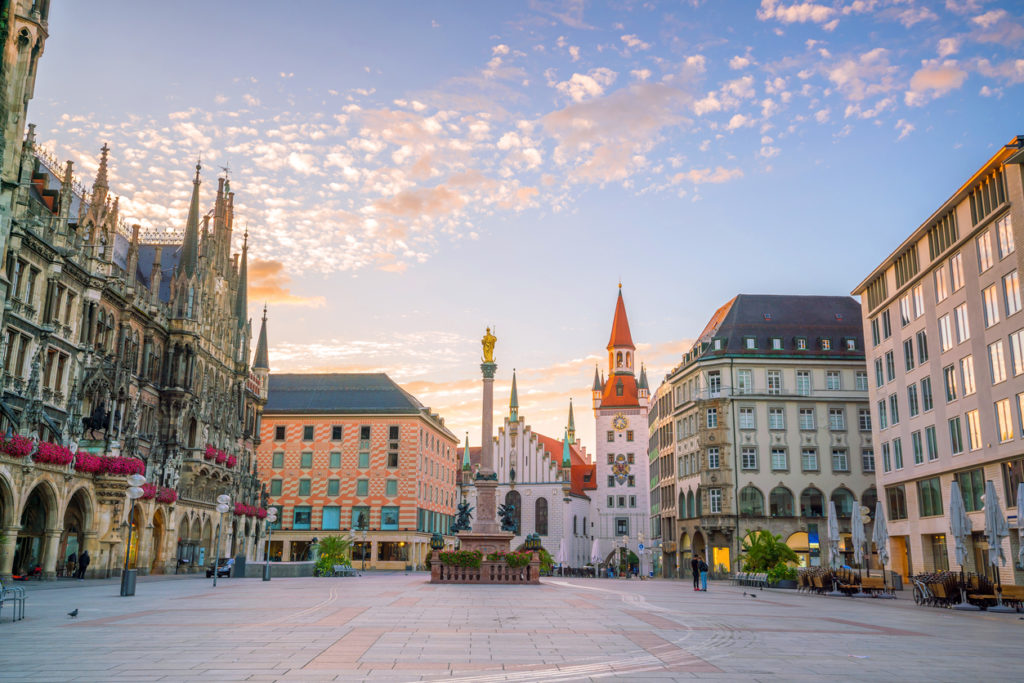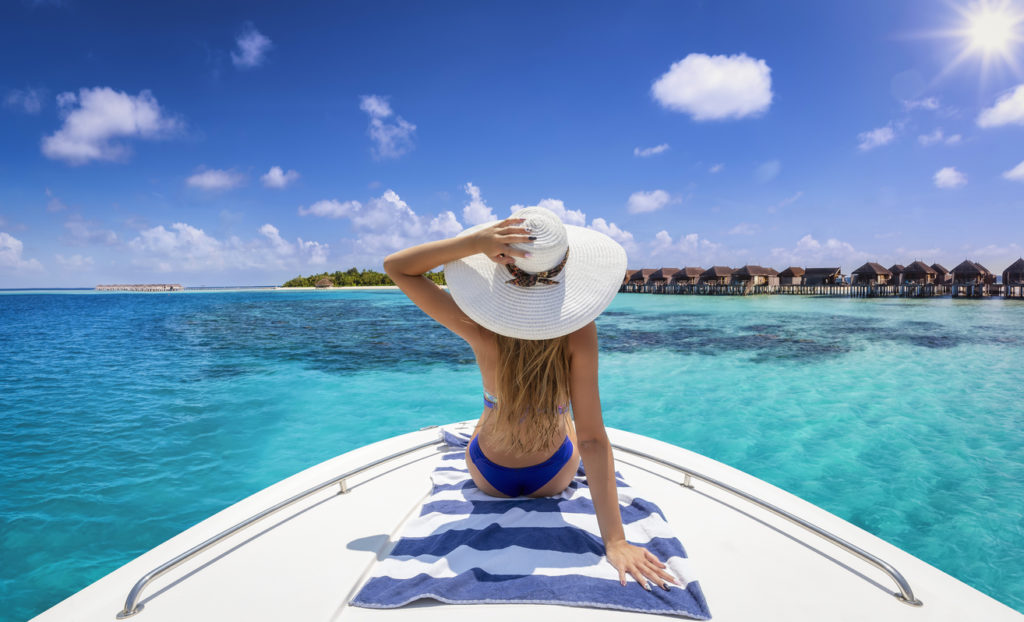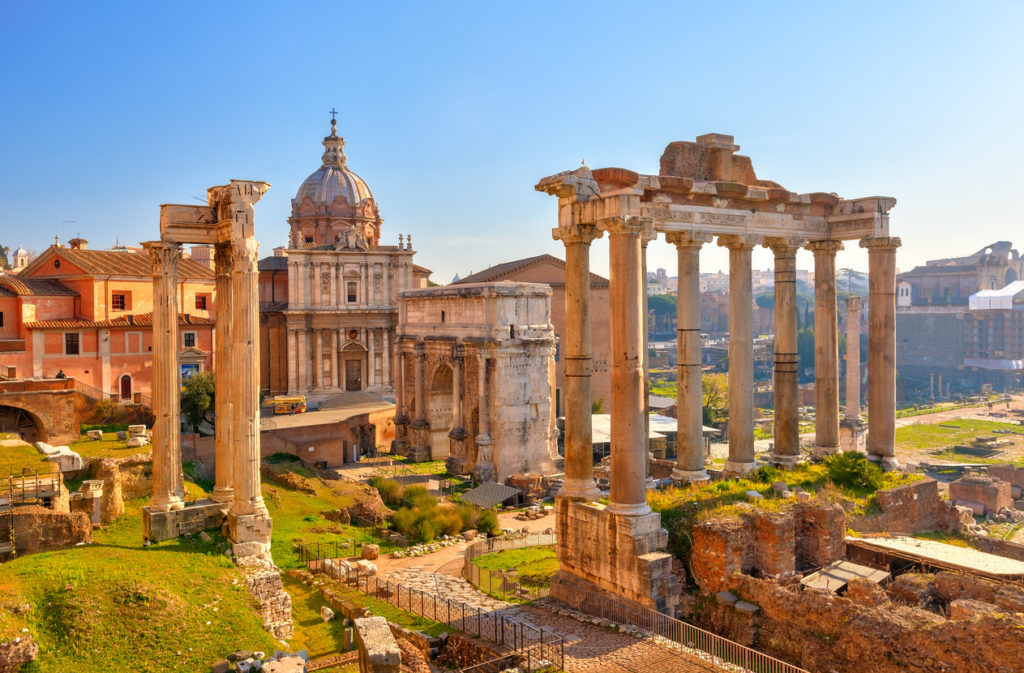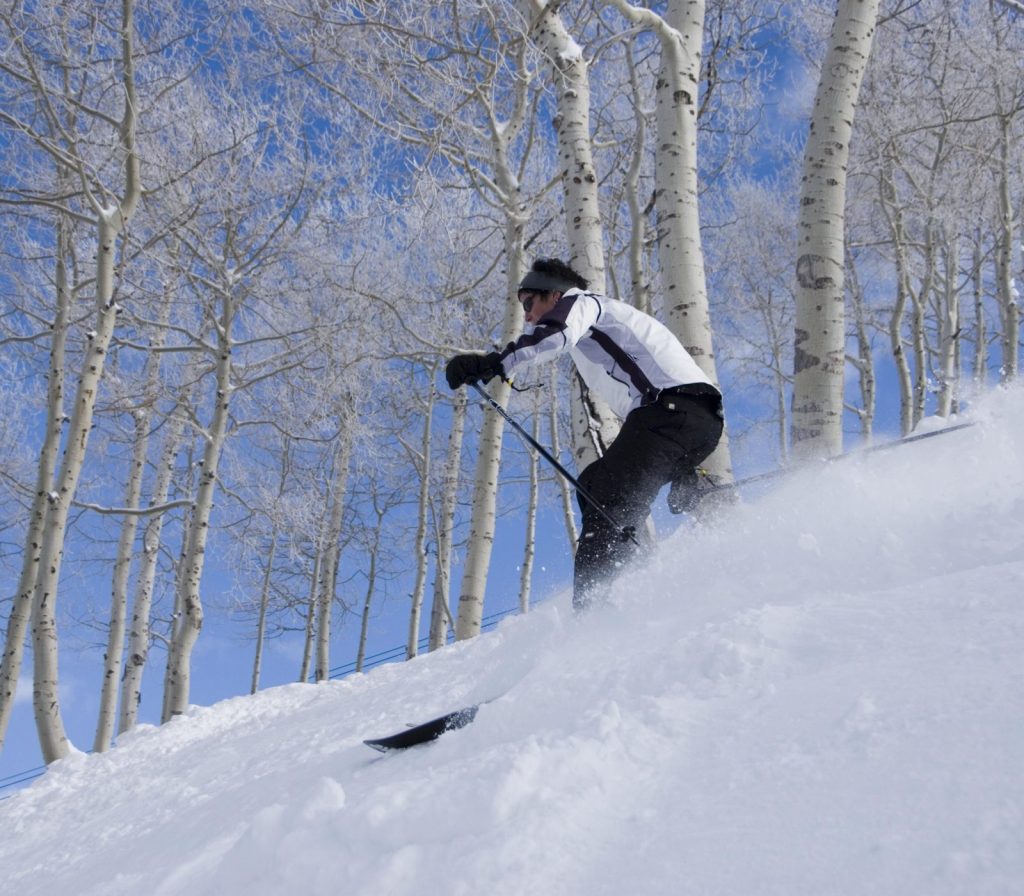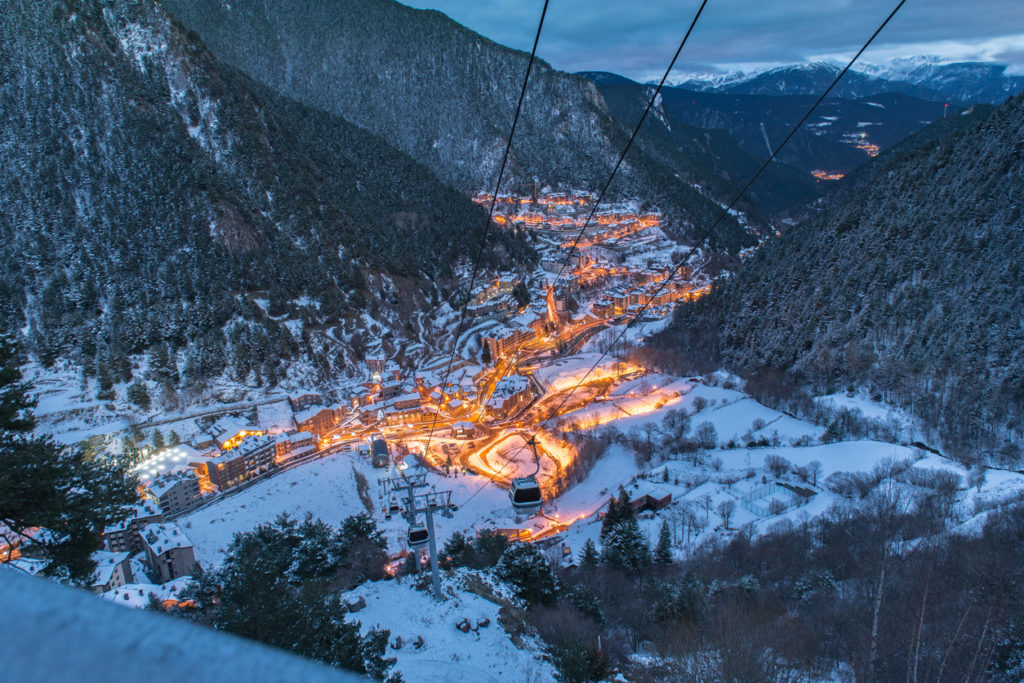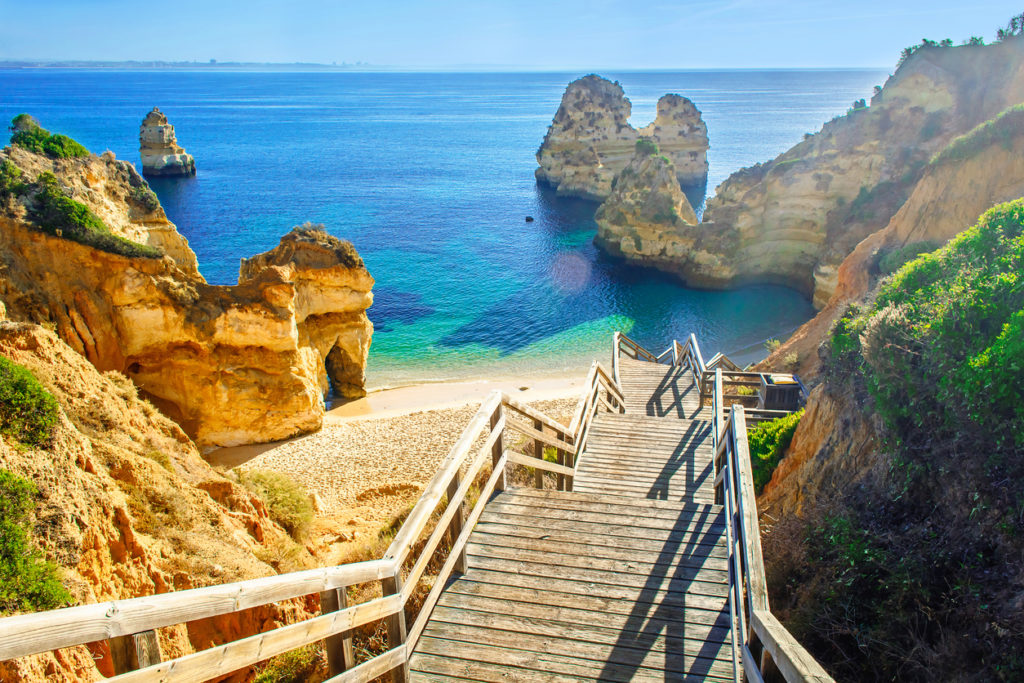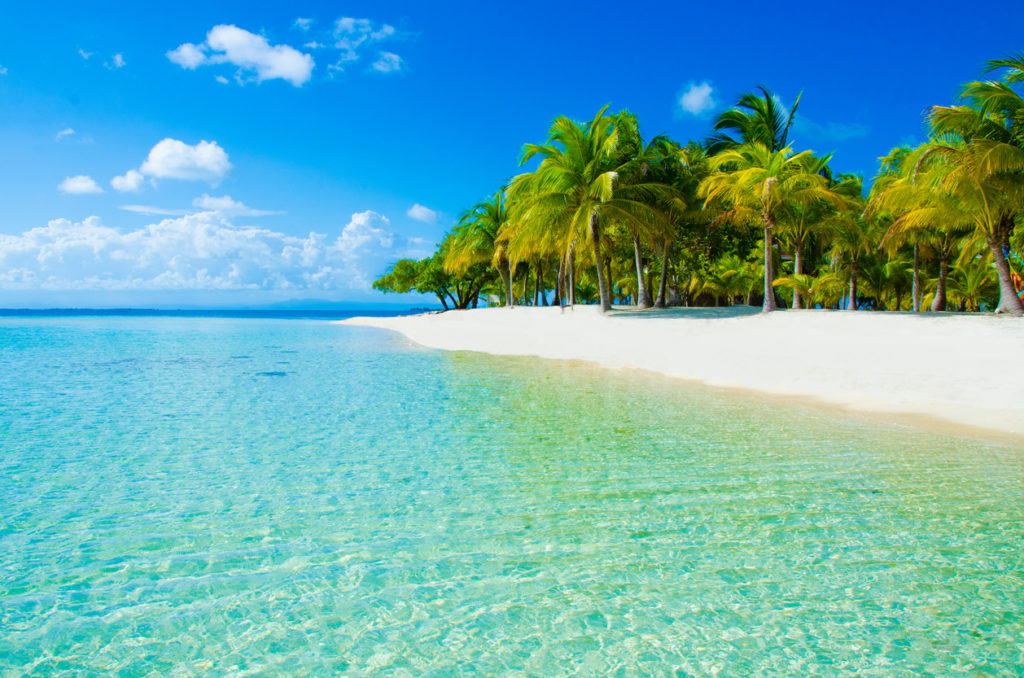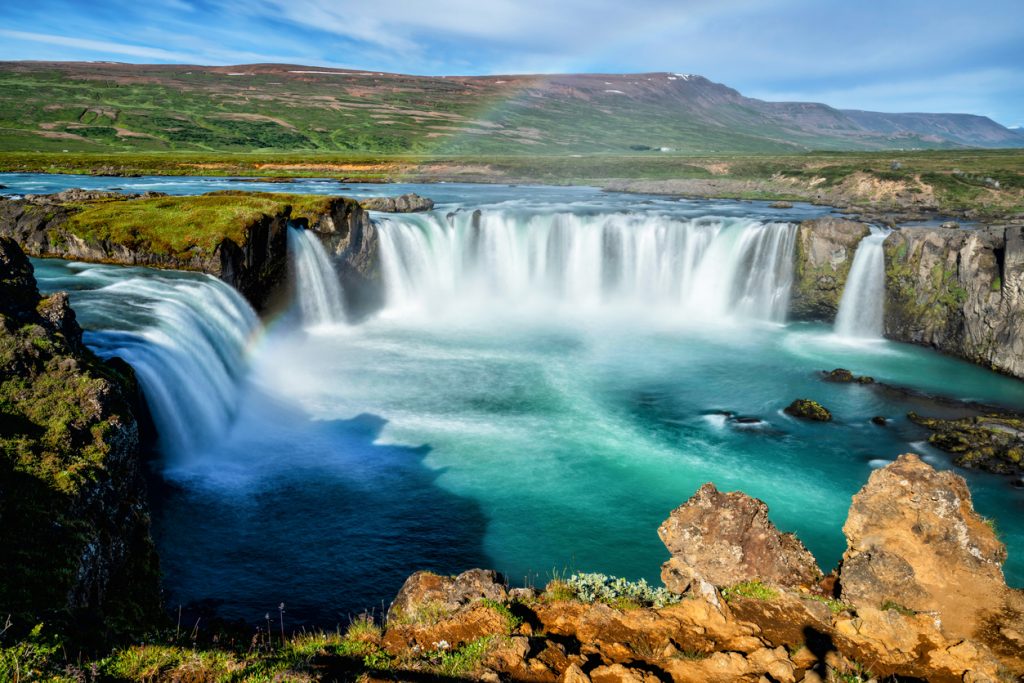
The sleepy British Virgin Islands attract select travelers who don’t mind spending a little fortune to enjoy the sound of silence in one of the most spectacular exotic scenery on the planet. Situated between the Caribbean Sea and the Atlantic, just east of Puerto Rico and only a few miles away from the glamorous US Virgin Islands, this archipelago of more than 50 islands does not cater for mass tourism. You’ll find no flashy casinos or mammoth resorts on these islands, especially since most of them are still uninhabited. Now sit back and enjoy this British Virgin Islands travel guide.
The main island of Tortola is a harbor for gargantuan cruise ships, while the smaller ships halt at Virgin Gorda, the second biggest island of the archipelago. Tourists come here for the marvelous beaches, amazing water sports, and the feeling of utter solitude. If you’re not a big fan of nautical attractions but you enjoy watching the sea, prepare to spot dolphins and whales saying hi from a distance.

The long beach days
Managing to evade the tourist crowds and contemporaneity, the British Virgin Islands have impeccable strips of powdery white sand and mesmerizing waters that reinvent the meaning of the word “blue”. Unspoiled beaches await travelers who seek relaxation and moments of beatitude in the warm, gentle breeze. You’ll encounter them in all shapes and sizes, each with a unique backdrop, but all blessed with the softest sand you’ve ever stepped on.
Whether you choose to spend your days at Smuggler’s Cove, Apple Bay, Long Bay Beach or Cane Garden Cay in Tortola, you’ll find exactly what you’ve been dreaming of: serenity and peace with a touch of luxury. Enjoy your glass of rum while admiring the views and daydreaming. The most loved of all is The Baths beach on Virgin Gorda. Hidden among boulders and caves, the calm waters of The Baths are luring both sun worshipers and snorkelers. Surrounded by the Horseshoe Reef, Anegada, a divine floral coral atoll above sea level is what dreams are made of when picturing a tropical vacation.

The adventurous nautical experiences
Many come to the British Virgin Islands for the fabulous nautical activities. Watersports are the basis of the islands’ economy and their main attraction. Many up-market resorts have been built around marinas offering both yacht and hotel accommodations. Enjoying splendid sailing conditions, the British Virgin Islands attract many boat captains and sailing aficionados, especially during the annual Spring Regatta and Sailing Festival.
The snorkeling and diving sites are infinite. Whether you want to snorkel or dive reefs and wrecks or discover the secret underwater universe of secluded beaches, the British Virgin Islands await with jaw-dropping aquatic landscapes. Snorkel in the stunning coral gardens of Dead Chest National Park or dive down in the Rhone Marine Park to admire the wreck of the RMS Rhone that sank during the hurricane of 1867.

The volcanic landscape and lush rainforests
Rising dramatically from the turquoise waters, the drowned mountain chain that creates the British Virgin Islands is of volcanic origins. All islands except Anegada are volcanic and both Tortola and Virgin Gorda have their own volcanic peak. The roads of Tortola are not at all as expected. It’s impossible to hurry here because many of the roads are similar to alpine passes. Nevertheless, the landscape is breathtaking, dressed in lush rainforests that add the final touch to this tropical paradise.
Capture spectacular views of the island from the top of Sage Mountain that will take you 550 m above the sea level. The mountain is part of a fantastic national park adorned with hanging vines, mahoganies, kapok trees, orchids, and white cedars. Home to endangered tropical birds, such as laughing gulls, noddies, brown pelicans, and brown boobies, Jerusalem National Park awaits on a superb uninhabited island. Visit the Reynold O’Neal Botanic Gardens to discover more about the local flora and admire tropical plants in all their splendor.
The colorful urban life
The first European settlement was established on Tortola in the early 1600s by Jost Van Dyke, a Dutch ship captain. Soon, the islands became a trading outpost but also a great hideout for smugglers, pirates, and slave-dealers. The islands were taken over by the British in 1672. Most of the residents are descendants of African slaves but you’ll still find prominent Dutch place names and English cultural influences in the British Virgin Islands.
All colossal cruise ships dock in Road Town, the capital of the British Virgin Islands. A great destination to unwind while visiting the ruins of Fort Burt or exploring Fort Recovery, the town is a colorful exotic scene where you’ll discover art galleries, museums, shops, a marina and yacht charter buildings. Tortola is also home to great restaurants that invite travelers to savor from international and continental cuisine to Chinese and Italian specialties. On Virgin Gorda, you’ll find lovely beachfront restaurants ready to serve local lobster, but also burgers and pizza.
Don’t miss a visit to the Callwood Rum Distillery and taste the legendary Arundel Cane Rum that has been produced here for more than 200 years.
Other in-depth information
If you would like to find out more about geography, politics, vexillology, heraldry, linguistics and so much more then you should visit this website Abhaengige Gebiete for in-depth knowledge. Although the website is in German you can translate it to English and it is a fantastic informative website. Pure Vacations has worked in a collaboration with them to improve the quality of information.

